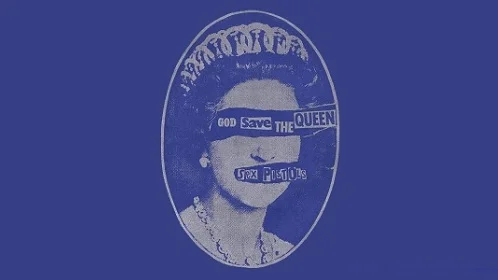I want to share a discussion that a friend and I had this weekend about some of the differences between our prime minister, and the US president. It's worth thinking about, given the political events of recent years, in which our prime minister has assumed so much power as an individual, and in which he has been so close to George Bush.
We were talking about the treatment the two leaders of state receive from the political institutions of which they are part. 'Politics' is of course supported by the media, so part of this treatment must be attributed to treatment by the media.
Our standard of journalism is higher, I believe, than in the US, but it would be very wrong indeed to suggest that there's little criticism of Bush in American politics.
'But we don't revere him like they seem to,' my friend suggested.
She was talking about the ceremonial treatment of 'Mr President' in the US. In the UK, we have little such ceremony to apologise for our political leader: either there's no ceremony at all, or else our ceremony surrounding the prime minister is actually in itself more often critical of his position. Our politics treats the prime minister in a way that puts him almost permanently on the defensive. With the sorts of institutions epitomised by the televised prime minister's question time, and by the dragging of our prime minister onto Radio 4's Today programme, I think our political leader almost always has a struggle, to prove himself.
There's some relationship here, we thought, between the treatment of the prime minister in our politics, and the fact that we have a ceremonial head of state; where the Americans lack one, other than their president. It goes some way in suggesting an explanation for American reverence of their president: for us, it's our queen who's to be revered; but the Americans have no institutional point of reference higher than the president, except perhaps for God!
This explanation asserts that we necessarily have a need and fixed capacity for reverence. Whether or not that's the case is the same question as in asking, would we necessarily revere politicians more, if we didn't have a royal monarchy? I believe we probably would, but whether this capacity for reverence is in our fundamental human nature, or rather induced by our sensationalist media is a more difficult question. Perhaps the need is natural, but the capacity is media-controlled. I believe that the media reflects human nature, so I'd say certainly that both are at work in reverence.
Were we to be without our royal monarchy, I'd expect most of our reverence to be diverted to popular celebrity; already celebrity attracts the greatest share. Perhaps this is a reason why worship of celebrity as well is healthy for politics: in that it helps to divert some of our capacity for reverence away from our political leaders, who should remain instead under clear-sighted scrutiny. (Perhaps even the occasional reference to our nominal national religiousness helps also to keep things in perspective.)
What then is the difference in this function between celebrity and royal monarchy? There must be some difference if what we've theorised about the relationship between the monarchy and political reverence is true; America has celebrity too. It seems as though the value in this function of a royal monarchy is in its hybrid state between political institution and popular celebrity: such that it attracts just the right sort of reverence away from politics proper.
